JOHN BARIKA IDAMKUE urges government to do more to mitigate the harm and injustice in Ogoni land
The ideas Ken Saro-Wiwa espoused in the iconic Ogoni Bill of Rights have stood the test of time. Global discussions about climate change echoes the foresight of Saro-Wiwa and the heroic struggle of the Ogoni people regarding environmental protection. Some 30 years after the unjust hanging of the OGONI 9 by the General Sani Abacha military government, Ogoni land remains a blighted land.
Saro-Wiwa formed the Movement for the Survival of the Ogoni People (MOSOP) in 1990 and launched a peaceful and non-violent struggle for self-determination and political autonomy, a fair share in the economic resources in their land, representation in national institutions, and environmental protection for his minority Ogoni. A prolific writer with tremendous gifts, Saro-Wiwa was a patriot who stood with Nigeria during the civil war and served at great personal risk as the Administrator of the oil port of Bonny, Rivers State. He put his incredible talents, writing skills, and financial resources to the use of the community. It is indeed a regrettable irony of fate that General Abacha who ordered the brutal hanging of Saro-Wiwa and his comrades was a neighbor of the environmental activist on Nzimiro Street in Port Harcourt as a young officer in the Nigerian Army at the end of the civil war while those that cheered Abacha in 1995 were former supporters of the Biafran secession.
Saro-Wiwa provided inspiring and aspirational leadership to set the pace for environmental consciousness in the Niger Delta and secured the trust of young graduates like myself, Oliver Orage, and Goddy Nwikpo who founded the Committee for Ogoni Autonomy, the nucleus activist group in MOSOP, that later was renamed the National Youth Council of the Ogoni People (NYCOP). The organization recruited thousands of Ogoni youth and trained them in community participation, volunteerism, selfless service, self-help projects, and non-violence advocacy. John Kpuinen and Dr. Barinem Kiobel were among this group of young Ogoni that bought into the Saro-Wiwa vision for Ogoni.
Policy initiatives like the Niger Delta Development Commission (NDDC), the Hydrocarbon Pollution Remediation Project (HYPREP), the change of derivation principle of revenue sharing for oil-producing states from 3% to 13%, United Nations Environmental Program (UNEP) Report, and the Petroleum Industry Act 2021 are primarily attributable to the sweat and struggle of the Ogoni people and supported by the citizens of the Niger Delta.
We would not forget the suffering, hardship, environmental pollution, and human rights violations visited upon the Ogoni people by successive Nigerian government and transnational oil companies as documented by the United Nations Fact-Finding Mission to Nigeria, Justice Oputa Panel, UNEP Report, Major Paul Taiwo Panel Report, and other reports by Civil Liberties Organization, Human Rights Watch, Amnesty International, Greenpeace, and PEN-WEST USA. Besides the OGONI 4 and OGONI 9, more than 4000 other Ogoni victims perished in the course of the struggle particularly during the sponsored raids from Andoni territory, killings of Ogoni traders traveling from Cameroon, killing of Ogoni people at the Port Harcourt waterfronts, and the destruction of several villages in the Ban Ogoni Special Area by the Internal Security Task Force.
In the wake of the unfortunate killing of the OGONI 4, and after the hanging of the Ogoni 9, Col. Dauda Komo deployed hundreds of troops and the Internal Security Task Force who rampaged and terrorized our people, raped the women, and engaged in cruel, inhuman and degrading treatment of our people. No one has been held accountable for the crimes committed against the Ogoni people.
The Ogoni struggle elevated the pro-democracy struggle against the dictatorship of General Abacha in Nigeria. The Ogoni struggle was the rallying point of the pro-democracy movement especially in the diaspora as President Bola Tinubu has acknowledged in multiple public pronouncements.
I call on President Bola Tinubu to wipe the tears of the Ogoni people and end the bloodshed in the Niger Delta. Tinubu’s Ogoni Dialogue Committee flippancy with confidence building measures must begin with mitigation of the harm and injustice done to the victims of military repression in Ogoni. Tinubu should right the wrongs done to our people. The traumatic impacts of state violence on our people have festered for 30 years. Mitigation measures must include, but not limited to, psychological evaluation and counselling of the victims, rebuilding the homes and villages that were destroyed by the military, compensating and restoring those who lost their livelihood, and environmental remediation of pollution sites.
Dr Idamkue writes from Port Harcourt



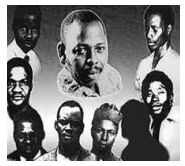
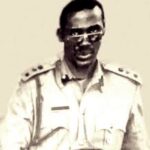
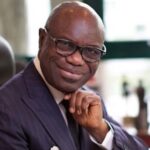
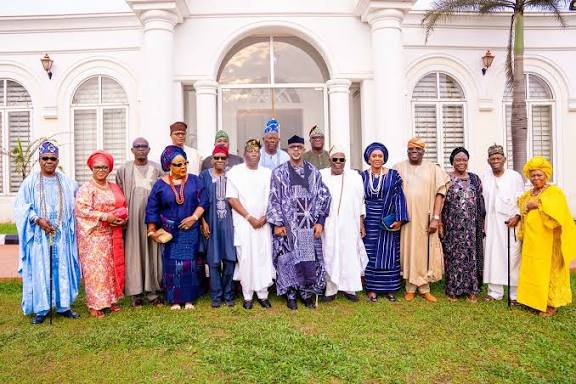
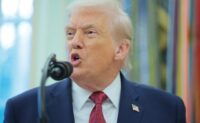
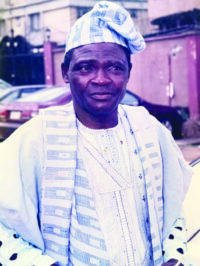


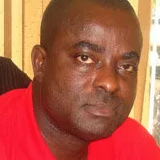
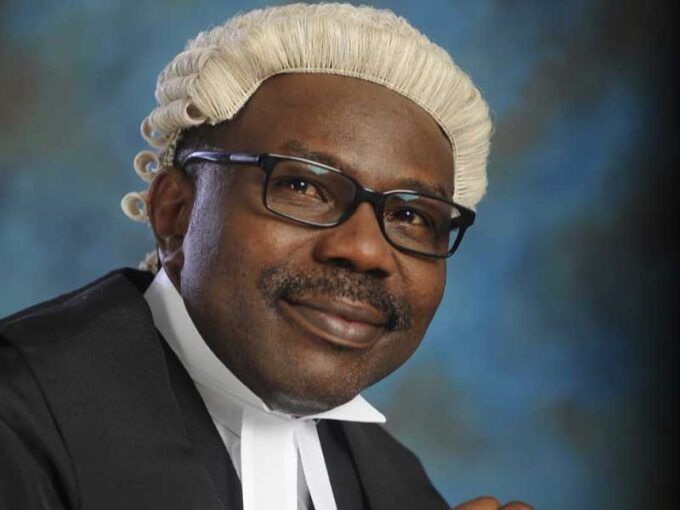


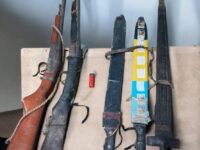

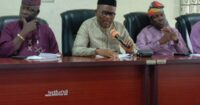
Leave a comment